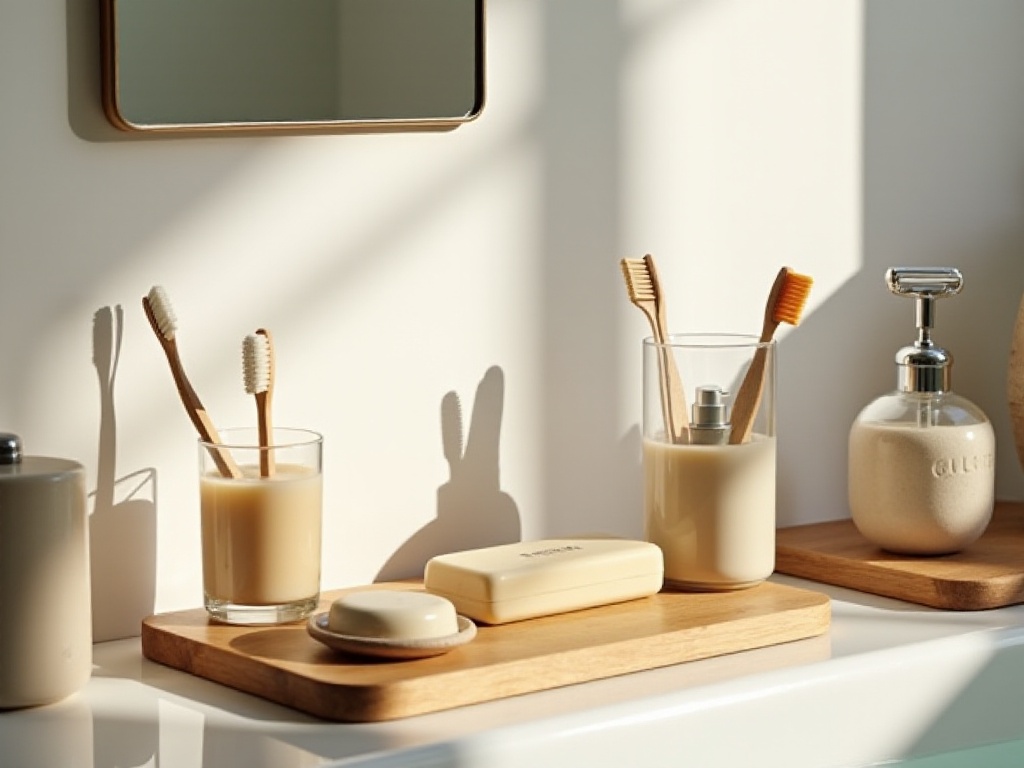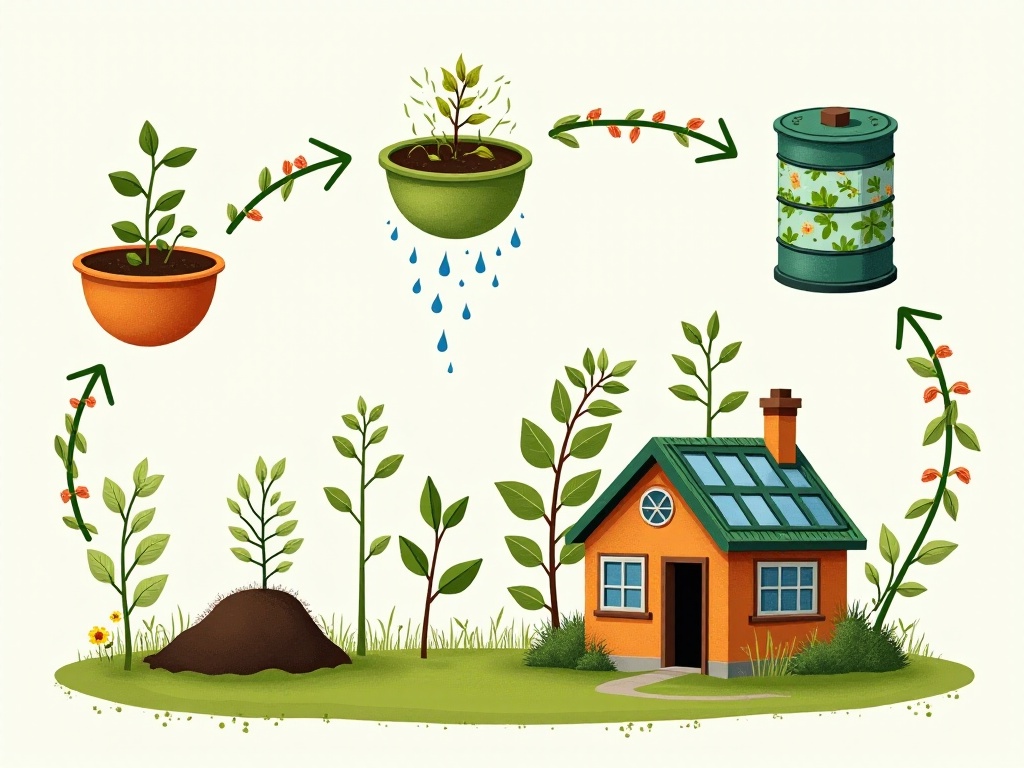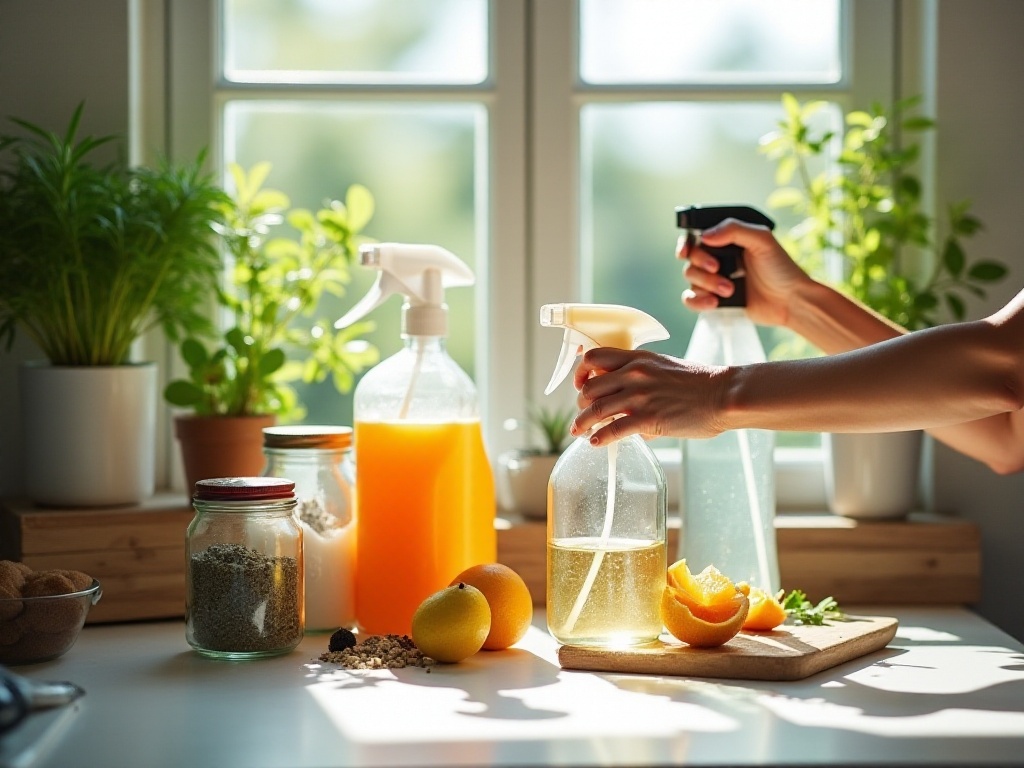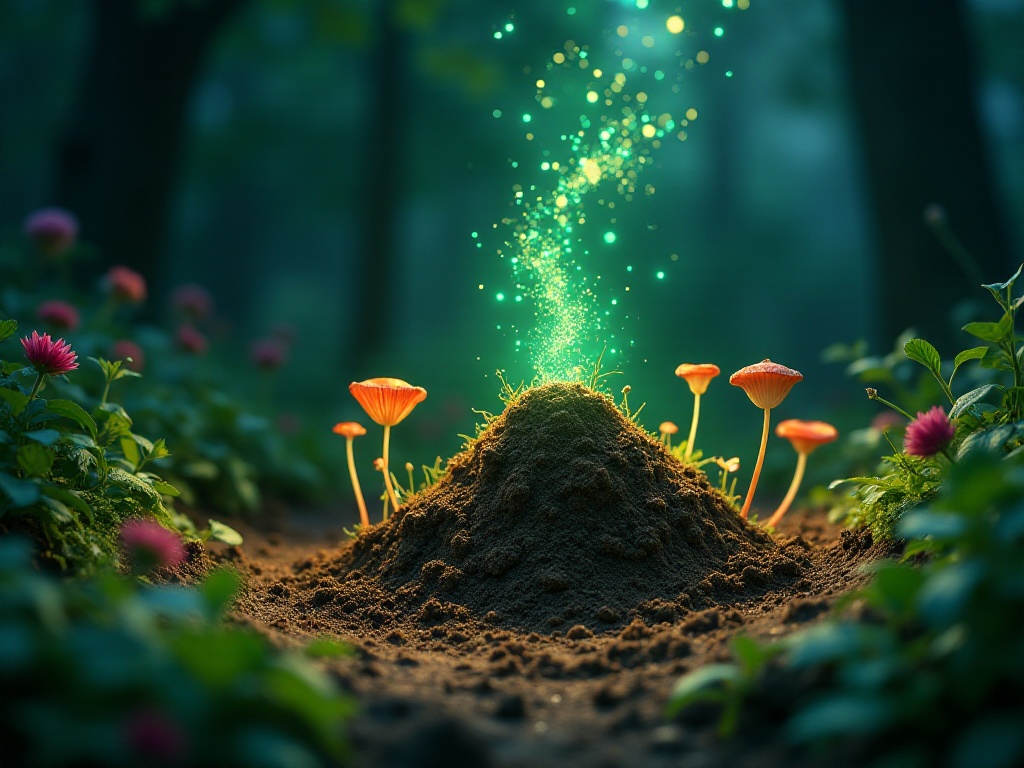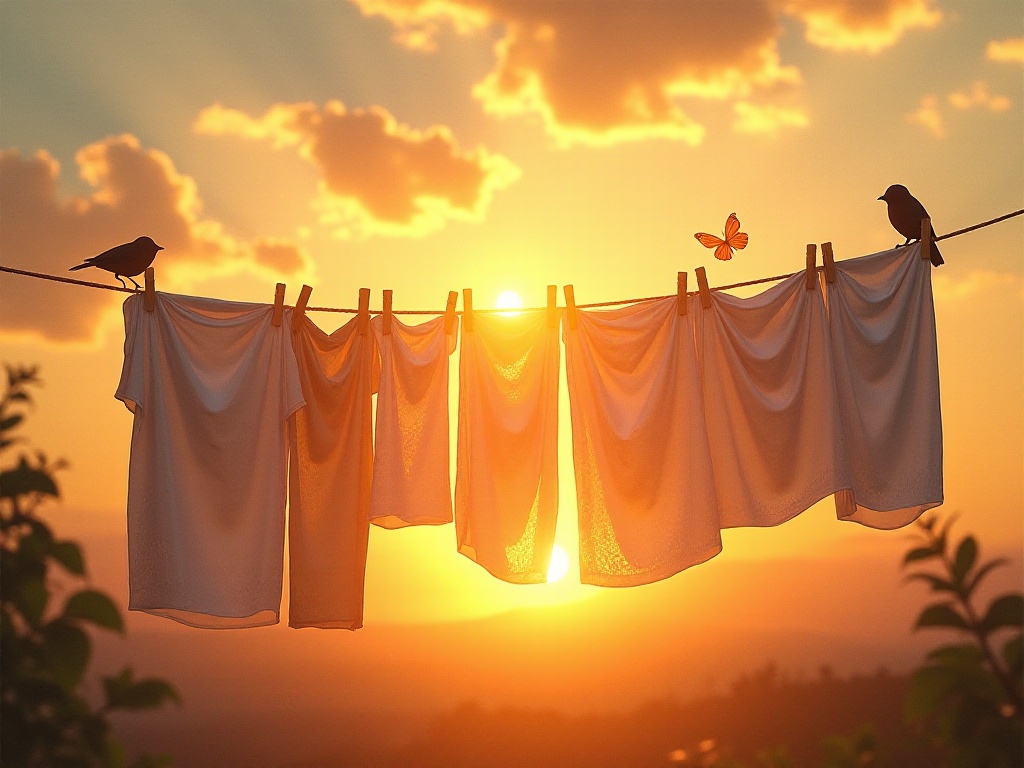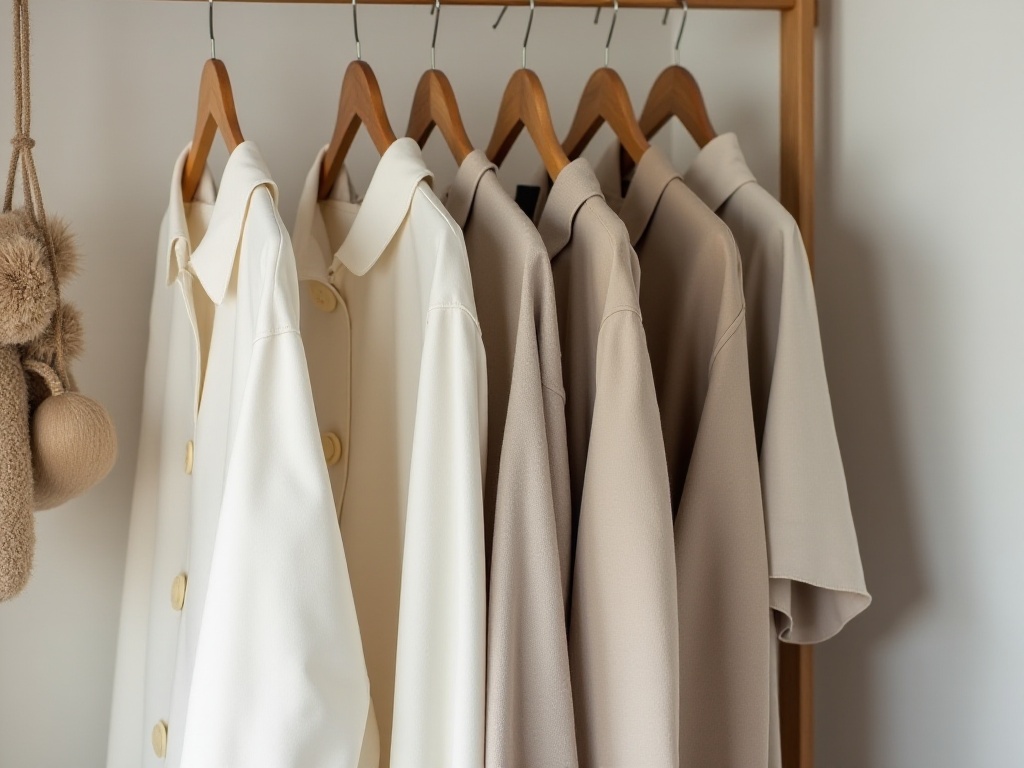Preface
Every time I go downstairs to take out the trash, looking at that big bag of garbage, I think: how much money is in there! Since childhood, my parents always nagged about being frugal and not wasteful. I used to think they were too wordy, but now I realize that the wisdom of the older generation had already pointed us in the right direction. Last year, I had a sudden idea to try zero-waste living. To be honest, I started with just the mindset of saving money. But after a year, I not only achieved my goal of saving money but more importantly found a better way of life.
Shopping Transformation
I remember when I first tried zero-waste living, I had no idea where to start. Until one day at the supermarket, I saw an elderly lady pull out a cloth bag from her purse and skillfully pack her purchases into it. That moment was an epiphany - eco-friendly living was so close to us, and our elders had been practicing this concept in the simplest way all along.
From that day on, I started figuring out how to change my shopping habits. First was the shopping bag issue. I specifically bought several quality canvas bags of different sizes that I could choose from based on the amount of shopping. At first, I often forgot to bring them, so I wrote "bring cloth bags" in my phone's memo and stuck it in the most visible place on my phone screen. Gradually, bringing cloth bags for shopping became a habit.
I have to say, this small change brought very noticeable results. Previously, every shopping trip required several plastic bags, which were either thrown away or piled up at home taking up space. Now it's better - just wash and dry the cloth bags after use, which is both eco-friendly and hygienic. Plus, canvas bags have much better load-bearing capacity than plastic bags, so I no longer worry about bags breaking.
Regarding shopping lists, I've gained new insights. I used to buy things as I thought of them, often purchasing a lot of unnecessary items on impulse. Now I make shopping lists in advance and set a rule for myself: for items not on the list, I must think for three seconds before deciding whether to buy them. This not only prevents impulse buying but also makes shopping more planned.
Sometimes while browsing the supermarket, seeing all the attractive products, I still get the urge to buy. But I remind myself: Do I really need this? Do I still have stock at home? Will the packaging create too much waste? These questions help me make smarter choices.
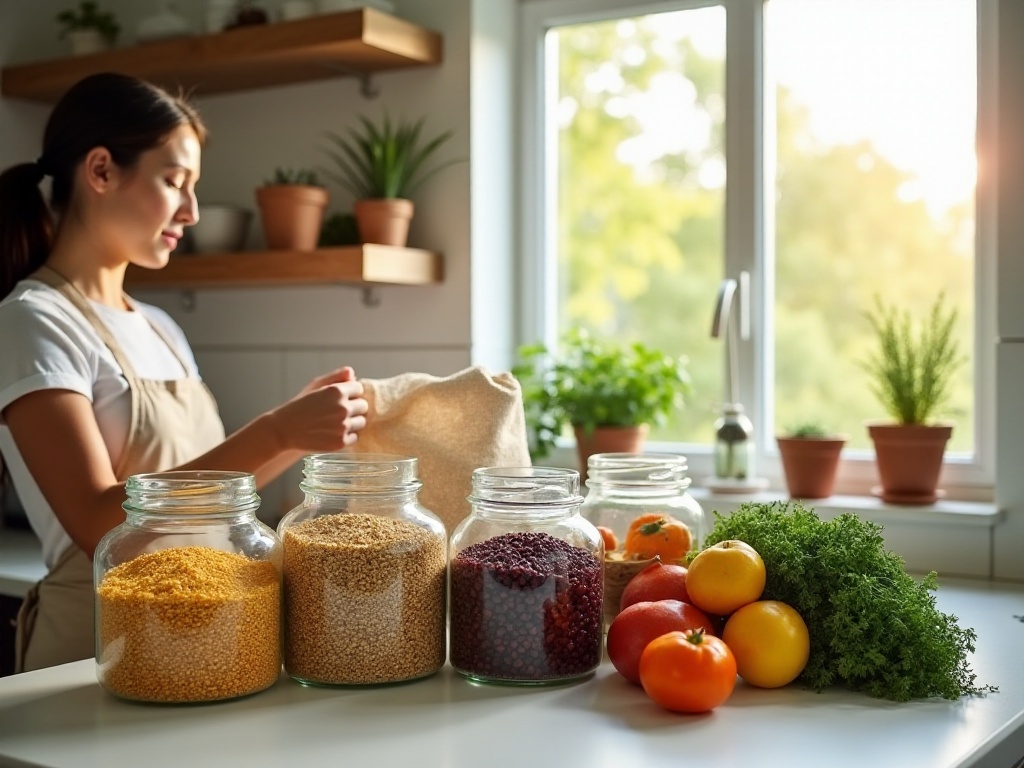
Smart Choices
Speaking of product selection, the biggest change is starting to buy bulk goods. I remember feeling a bit embarrassed the first time I brought glass jars to buy rice. I thought people would look at me strangely, but I was overthinking it. Not only did the salespeople support this eco-friendly behavior, but I also met many other "eco-warriors" like me.
I specially prepared a set of glass sealed jars of different sizes, specifically for buying bulk ingredients. Interestingly, these glass jars are not only practical but also look great in the kitchen, making the whole kitchen look particularly neat and organized.
The biggest advantage of buying bulk goods is being able to buy according to actual needs, avoiding buying too much or too little due to packaging restrictions. For example, with nuts, packaged ones usually start at 200 grams, but sometimes I just want to try a new flavor, and buying that much might go bad. With bulk items, I can buy 50 grams to try, and if I like it, I can buy more.
Through comparison, I found that bulk goods indeed offer much better value for money. Taking rice as an example, the same quality in bulk is about 20% cheaper than packaged. It's even more obvious with nuts - some high-end nuts in bulk are nearly half the price of packaged ones. Although the savings each time are small, they add up to a significant amount over a year.
Besides staples and snacks, I also like to buy bulk spices. Supermarket spices usually come in whole bottles, but some spices are used sparingly, and buying a large bottle means they either get moldy or expire at home. Now I bring small containers to buy spices that I use less frequently, which keeps them fresh and prevents waste.
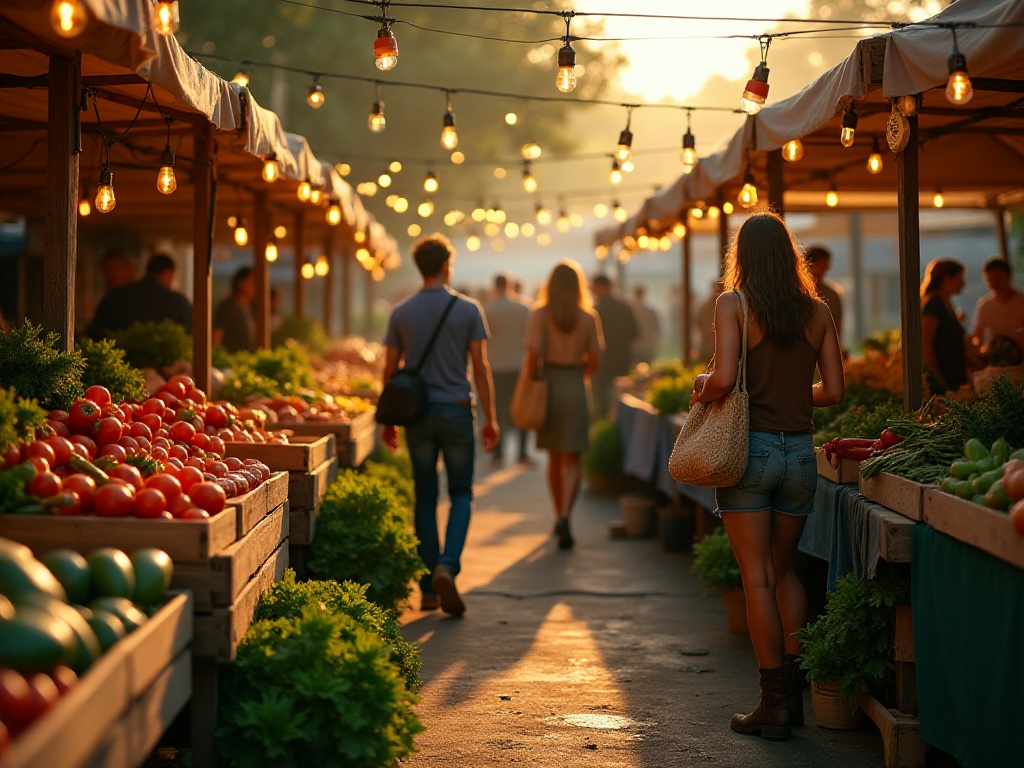
Food Management
I put quite a bit of effort into food management. First is storage. I reorganized both the refrigerator and storage cabinets, arranging ingredients according to expiration dates and frequency of use. I specifically left an "about to expire" area in the refrigerator to remind myself to use these ingredients first.
Speaking of growing herbs, this is my masterpiece. I grew several types of herbs on the balcony including basil, mint, rosemary, and thyme. At first, I kept killing them, but after learning growing techniques online, they now thrive, and I often share some with neighbors.
These herbs not only add flavor to dishes but also make great tea. Mint leaves with lemon slices make the most refreshing summer drink. Basil leaves can be made into pesto, delicious whether mixed with noodles or spread on bread. Most importantly, these are all pure and natural, much healthier than buying packaged ones.
To avoid food waste, I've developed a habit of checking the refrigerator every weekend. I take out ingredients that are about to expire and figure out ways to turn them into delicious dishes. Sometimes when inspiration strikes, I can create new dishes. Like last week, I made a cream potato mash with potatoes that were about to sprout and leftover bacon, which received unanimous praise from my roommates.
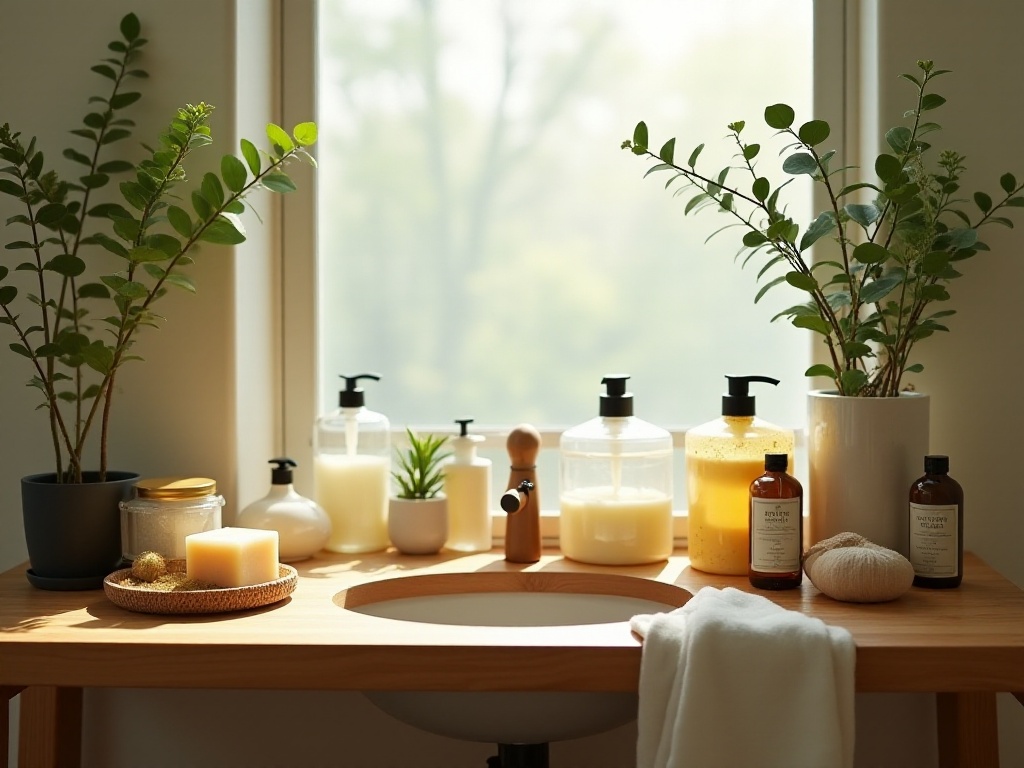
Making the Most of Everything
I've learned a lot about making the most of things. Previously, if clothes got a small hole, I thought they couldn't be worn anymore. Now I've learned basic mending skills, and many clothes can continue to be worn. There are many tutorials online teaching you how to turn holes into fashionable decorations, and some repairs look even better than the original.
What I'm most proud of is the shopping bag made from old jeans. I was about to throw them away when inspiration struck - I cut off the legs to make a bag, with the waistband serving perfectly as handles. After it was done, my friends all said it was very creative and asked me to teach them how to make one.
Actually, many things can be reused. Glass jars can be storage containers, old T-shirts can be cut into cleaning cloths, and old towels can be pet bedding. As long as you're willing to think creatively, you can find opportunities to make the most of everything.
I also started a second-hand exchange group with friends. People often post idle items in the group, and if you're interested, you can exchange or pay a nominal fee. Through this method, not only do items find new owners, but I've also met a group of like-minded friends.
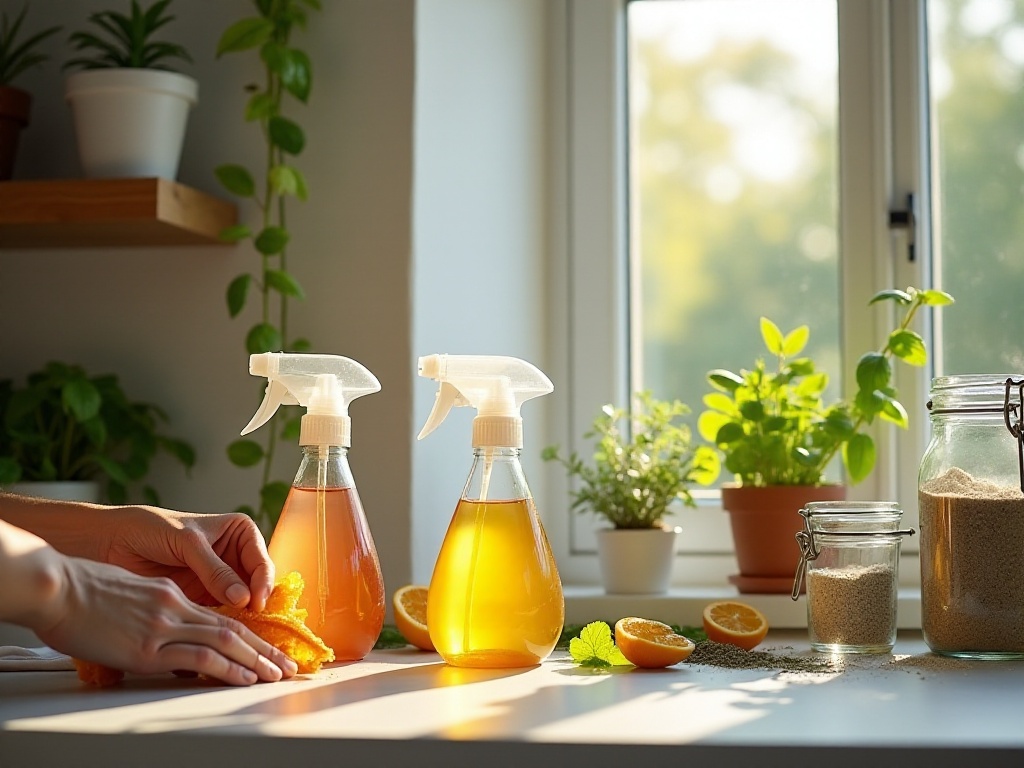
Resource Conservation
Speaking of resource conservation, the most direct change is in the water and electricity bills. Through some small changes, our utilities bills dropped by nearly 20% compared to the same period last year. This achievement makes me particularly proud.
Regarding water usage, I now collect water from washing vegetables to water plants, and use fruit-washing water to mop floors. When showering, I catch the cold water while waiting for it to heat up and use it to flush toilets. These seemingly insignificant actions add up to save quite a bit of water.
There are also many ways to optimize electricity use. I replaced all the lights with LED energy-saving bulbs - although the initial investment is higher, it's more energy-efficient and eco-friendly in the long run. I choose appliances with high energy efficiency ratings and remember to turn them off from standby mode.
Air conditioning use is also particular. In summer, I set the temperature one degree higher and use it with fans, which saves electricity without being too hot. In winter, I wear an extra layer of clothing and set the heating one degree lower. This not only saves on electricity bills but is also better for health.
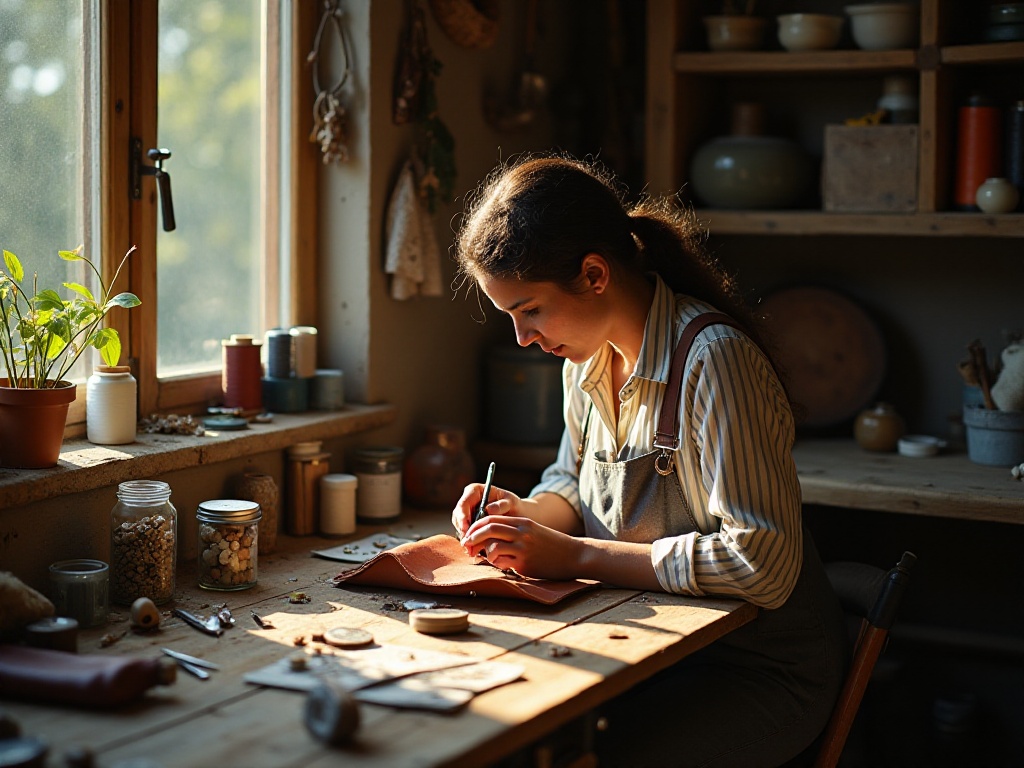
Conclusion
This year of zero-waste living has given me a whole new understanding of "conservation." It turns out that being environmentally friendly isn't a sacrifice but a smarter way of living. By changing some small habits, we can not only contribute to environmental protection but also make life more meaningful.
Most importantly, in practicing zero waste, I found many like-minded people around me. We exchange experiences, share insights, and encourage each other. This feeling is especially good, like participating in an action to make the world better.
Actually, zero-waste living isn't difficult; the key is having awareness and then making changes gradually. Don't think that one person's effort is insignificant - when everyone starts to value environmental protection, small changes will accumulate into a force that changes the world.
This year, my wallet has indeed gotten fuller, but I've gained far more than that. I've learned more life skills, met more interesting friends, and most importantly, found a more meaningful way of living. I believe more people will join this movement in the future, and together we can work towards creating a better living environment.


